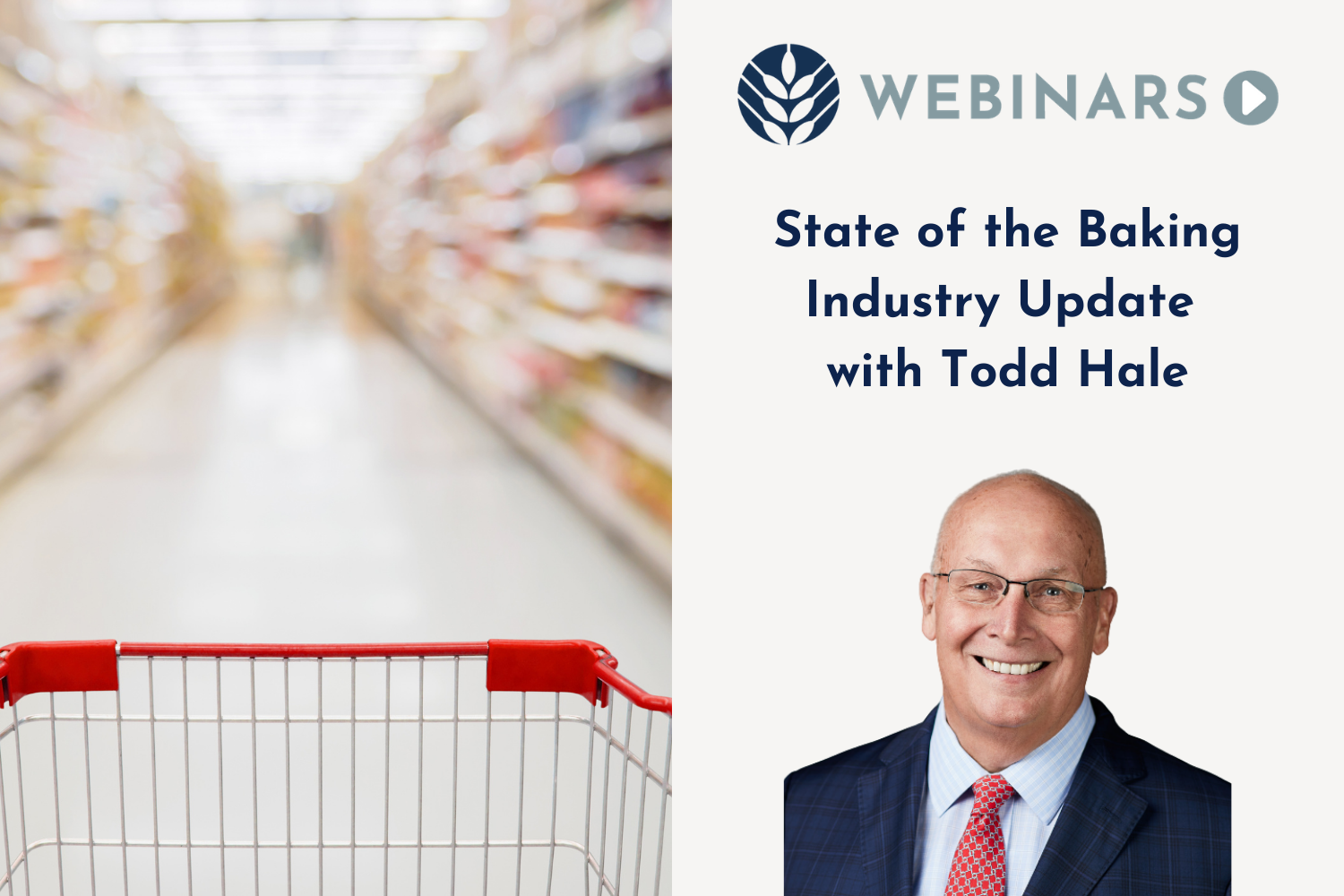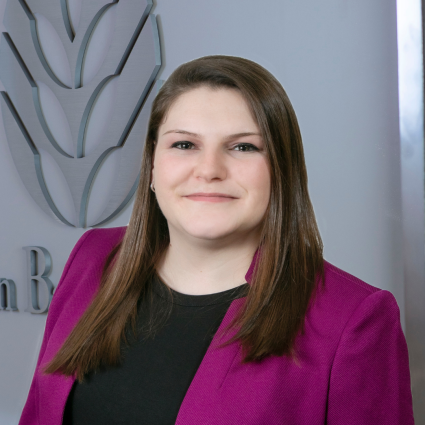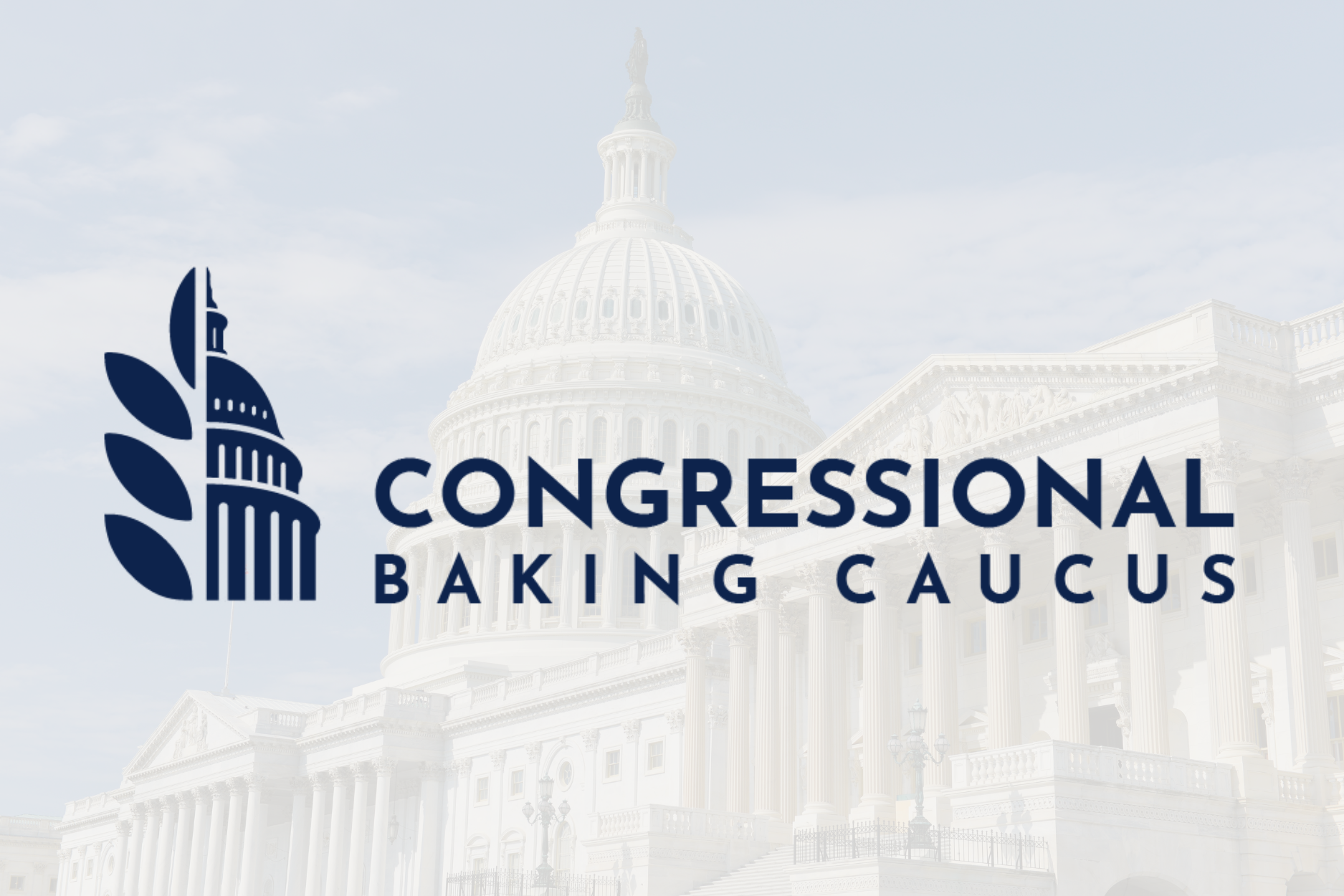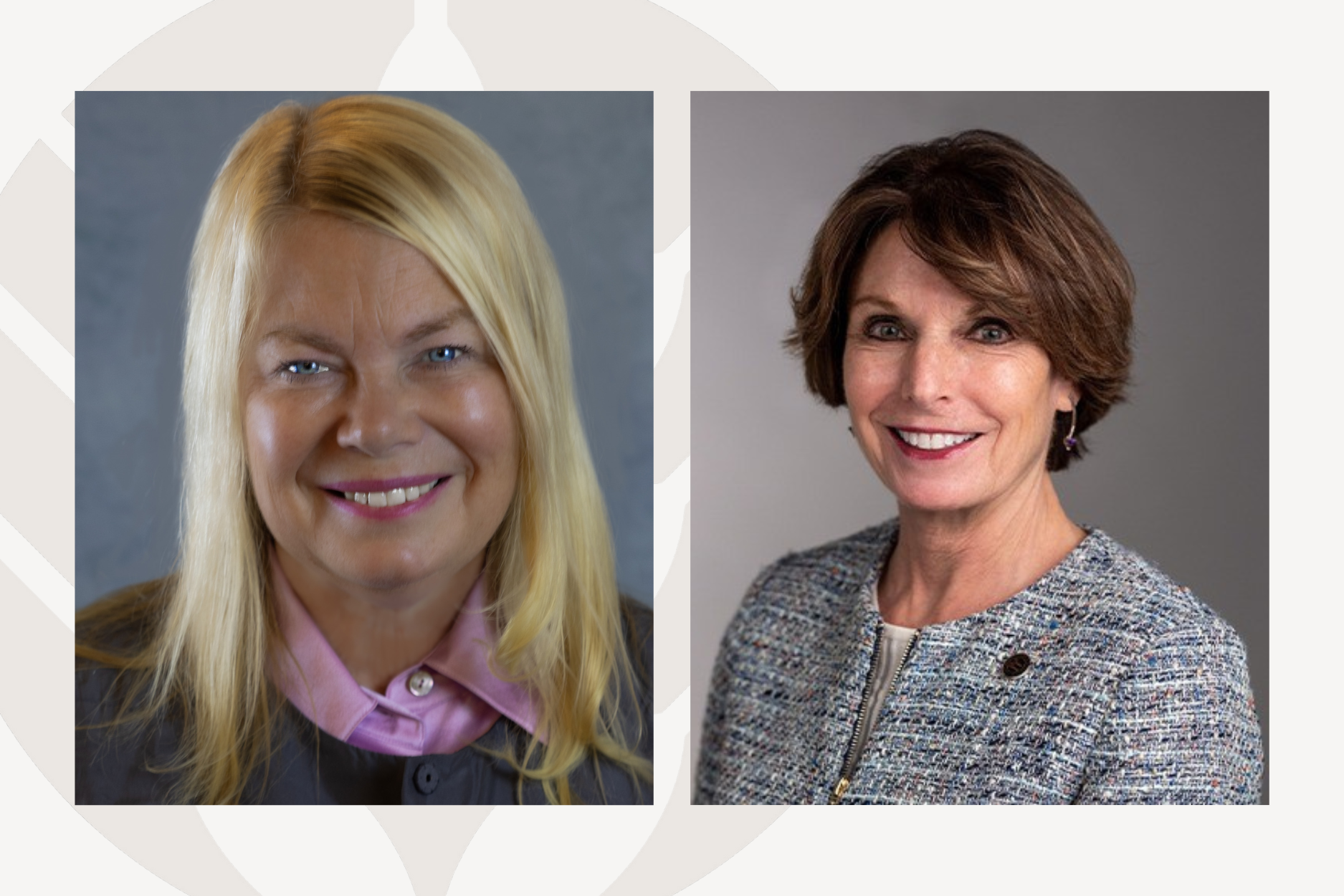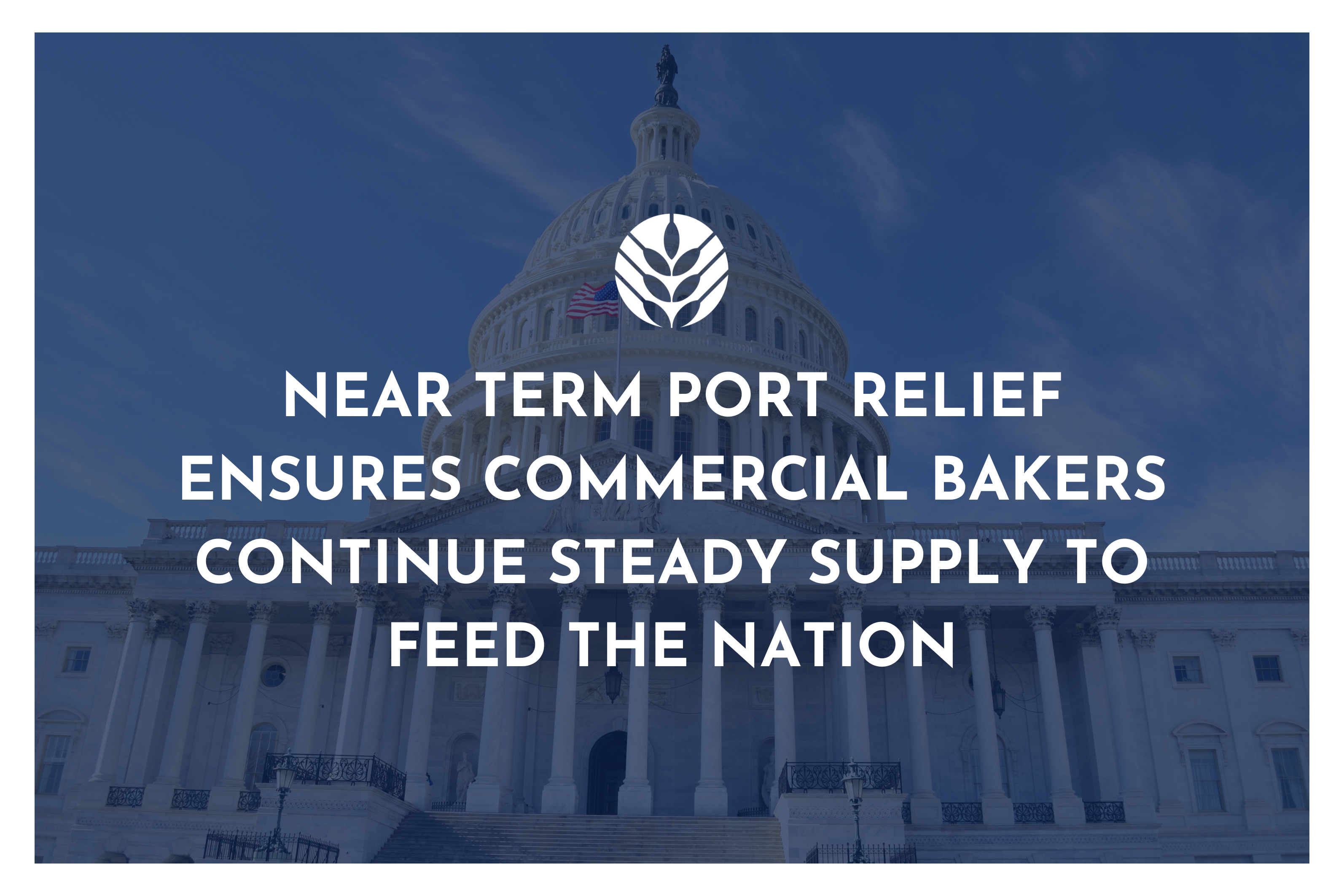The longer-term business impacts from the pandemic year are becoming clearer.
Bakers should consider revisiting their strategies based on the evolution of the pandemic and recession — and shifts in consumer behaviors.
That is the take from Todd Hale, principal, Todd Hale, LLC, who provided a State of the Baking Industry Update during an American Bakers Association webinar. About six months ago, this retail insights thought leader delivered an ABA webinar presentation focused on early pandemic trends — including the surge in retail buying for at-home consumption. In the most recent webinar, Hale emphasized the ongoing nature of the home-based trend and the need to find new ways to serve consumers.
“The at-home demand is still there,” he said. “I urge you to think about how do you keep it going as away-from-home still struggles.”
Outlining State of the Industry
Hale sized up the state of the baking industry by leveraging Nielsen data and providing his perspectives, with points including the following:
- Food Retail: Supermarkets and value-focused retailers have been driving the most growth over the past 52 weeks, up 11.9% and 7.8%, respectively.
- Economy: The economy remains challenging, and there is greater inflationary pressure from food at home. If the economy worsens, many shoppers will likely cook more at home and seek more savings strategies.
- Grocery: The grocery department has dominated year-to-date bread and baked good sales, accounting for $40.8 billion of the total $55.8 billion in this segment across the store —as the fresh bakery department continues to suffer.
- Categories: The pandemic has reminded consumers of the benefits of the commercial bread aisle, but refrigerated and frozen bread and baked goods are growing faster.
- Restaurants: The restaurant business is likely to encounter challenges for at least another six months, with mixed impacts on the quick-serve sector and severe implications for upscale segments.
- Demand: Food retailers and manufacturers are already preparing for the possibility of another COVID surge, including stockpiling groceries to be ready for rising demand.
Reacting to Changing Economic Picture
Hale said Nielsen research found 29% of consumers are worse off financially compared to last year, and only 37% are secure in their jobs.
“This explains why so many observers are now talking about a K-shaped economic recovery,” he said, which suggests different impacts by consumer groups — in particular, a haves and have-nots scenario.
“The haves will be okay, so premium products will probably be good,” Hale said. “For those struggling to spend, the value retail players have a chance to fill demand.”
Adding to the concern is the potential for COVID-19 spikes as the year progresses.
“You need a plan that addresses the continued fallout from COVID-19 and the likely K-shaped recession recovery,” he said.
Reviving In-Store Bakery
The in-store bakery department has “yet to return to normal,” Hale said, noting this part of the business has underperformed during the crisis. This department can make progress through new spins on popular pre-COVID-19 trends, he added.
“There had been a lot of demand for single-serve items like bagels or cookies. So how about more packaged single-serve?”
Supporting Home-Based Trend
Consumers are unlikely to completely abandon their new home-based behaviors when the COVID-19 crisis is over, Hale predicted, referring to at-home baking and cooking.
“I don’t think people will become weary of cooking and entertaining at home,” he said. “It will continue to be a growth engine. I would suggest more advertising that helps continue to fill demand around the enjoyment of eating at home and family togetherness.”
Boosting Consumer Engagement
Digital marketing has the potential to fuel momentum for bread and baked goods, said Hale. He pointed to an 8% average weekly growth rate for these categories in the latest eight weeks, not including impacts from the Labor Day period.
“How do you keep this going?” he asked. “Can you be creative with digital engagement? What’s in your innovation basket to fuel growth?”
Investing for the Future
Hale urged bakers to make investments that position their businesses for the future, despite near-term challenges.
“Don’t sit on the sidelines and think you can win,” he said. “Companies that invest during a recession come out ahead.”
